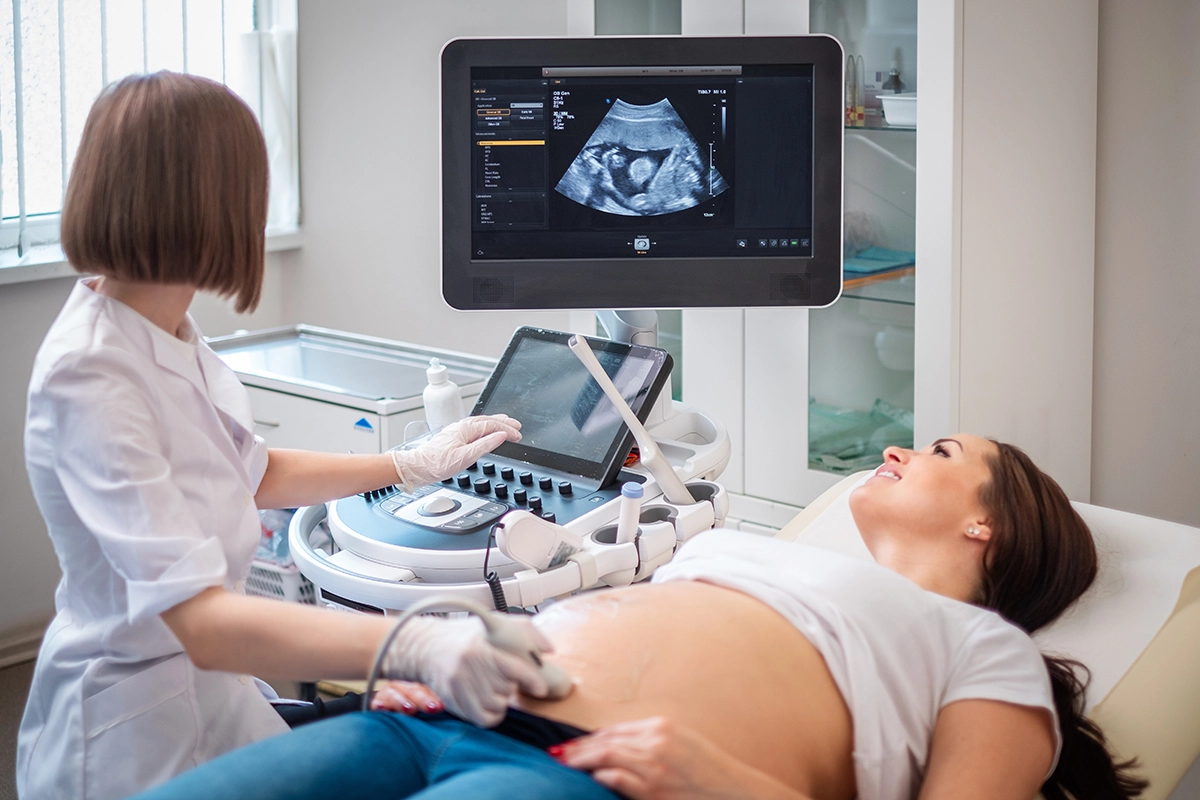Fertility Treatments Available in Mexico
In Mexico, one in six couples faces infertility, and most of them are unaware of it. This can lead to despair and even tension among those seeking to build their own family.¹
Infertility is diagnosed after one year of regular, unprotected sexual activity (2-3 times per week) without conception for women under 35, or after six months for women over 35.²
Dr. María de Lourdes Flores, a specialist at UR-Crea, shares her insights on infertility:³
“The best way to prevent infertility is to become aware of our fertility at a young age. It is essential to prevent sexually transmitted diseases, recurrent vaginal infections, and infections like chlamydia by treating them promptly to avoid repercussions on the female reproductive system.”³
“Additionally, if pregnancy is not desired, appropriate contraceptive methods should be used, as some can affect future fertility.”²
To maintain optimal sexual health and prevent infertility problems in the future, Dr. Flores advises:³
- Maintain a balanced diet: Proper nutrition during reproductive age or when planning a pregnancy prepares the body to support new life.
- Achieve a healthy weight: A healthy BMI reflects a well-functioning body and increases the likelihood of conception.
- Schedule annual check-ups: Regular examinations can identify reproductive health issues early. Assessing ovarian reserve and the function of ovaries or testicles is crucial.
- Avoid alcohol, tobacco, and drugs: These substances harm reproductive organs and other vital systems.
- Consider supplements: Nutritional supplements with vitamins, minerals, antioxidants, and omegas can improve fertility while lowering cholesterol, triglycerides, and glucose levels.

What Fertility Treatments Are Available in Mexico?²⁻⁶
Fertility treatments are tailored to each couple’s unique needs, emphasizing the importance of evaluating both partners.⁴
Depending on the patient’s condition, treatments range from low-complexity to high-complexity procedures.
Low-complexity procedures require minimal medical intervention, such as medications or short treatments:²⁻⁶
- Timed intercourse: Patients track symptoms like basal temperature and cervical mucus for three months to determine their most fertile days, increasing the chances of conception.
- Semen preparation: Sperm samples are enhanced by isolating the most mobile and functional sperm.⁷
- Artificial insemination (AI): Prepared sperm is introduced into the uterus at peak ovulation to facilitate natural fertilization.
- Semen freezing: Sperm samples are stored under special conditions for future use.
- Sperm selection: High-quality sperm are selected in a lab to create healthier embryos.
- Sperm recovery: Mobile sperm are retrieved through washing, centrifugation, or high-density filters.⁵
High-complexity procedures involve advanced techniques and controlled environments, often requiring direct intervention with the patient’s body:²⁻⁶
- Oocyte vitrification: Women can preserve their eggs when they are of optimal quality for future use, allowing them to delay parenthood.⁶
- In Vitro Fertilization (IVF): Ovarian stimulation treatments are performed to retrieve eggs, or donor eggs are used. Eggs are fertilized with selected sperm in a controlled environment, and the resulting embryos are implanted into the uterus. Pregnancy is confirmed with a blood test 15 days later.
- Intracytoplasmic Sperm Injection (ICSI): A variation of IVF, this procedure involves injecting a carefully selected sperm directly into an egg using a pipette. The resulting embryo is implanted in the same way as in standard IVF.
- Embryo freezing: Embryos can be preserved in a controlled environment for later use, often necessary for patients with conditions that delay family planning.
- Egg donation: For women with poor-quality eggs due to age or illness, donor eggs offer a path to achieving their family dream.
At UR-Crea, we believe in helping people achieve the families they have always dreamed of. This is our mission.
About UR-Crea:
At UR-Crea Reproductive Medicine, we have over 30 years of experience offering treatments like IVF, ovarian rejuvenation, egg donation, and the ROPA method.
We conduct personalized diagnostic protocols with a multidisciplinary team of specialists in gynecology, reproductive biology, embryology, perinatology, anesthesiology, and nursing.
We make the dreams of aspiring parents come true with ethical, professional, and human-centered care. Visit us to learn more!
References:
- Senado. gazette 66. [Internet]. Consulted in October 2024. Available at: https://www.senado.gob.mx/66/gaceta_comision_permanente/documento/35481
- Reproducción asistida. Assisted reproduction techniques. [Internet]. Consulted in October 2024. Available at: https://www.reproduccionasistida.org/las-tecnicas-de-reproduccion-asistida/
- Top doctors. What are the infertility treatments available?. [Internet]. Consulted in October 2024. Available at: https://www.topdoctors.mx/articulos-medicos/infertilidad-cuales-son-los-tratamientos-disponibles/
- UR-Crea blog. Perks of reproductive medicine. [Internet]. Consulted in October 2024. Available at: https://ur-crea.mx/2024/10/07/ventajas-de-la-medicina-reproductiva/
- UR-Crea Spermatic retrieving treatments. [Internet]. Consulted in October 2024. Available at: https://ur-crea.mx/tecnica/tecnicas-de-recuperacion-espermatica/
- UR-Crea tratamientos. Oocyte Vitrification. [Internet]. Consulted in October 2024. Available at: https://ur-crea.mx/tecnica/vitrificacion-de-ovocitos/
- Grupo internacional UR. Artificial insemination. [Internet]. Consulted in October 2024. Available at: https://grupointernacionalur.com/inseminacion-artificial-la-tecnica-que-imita-la-concepcion-natural/







